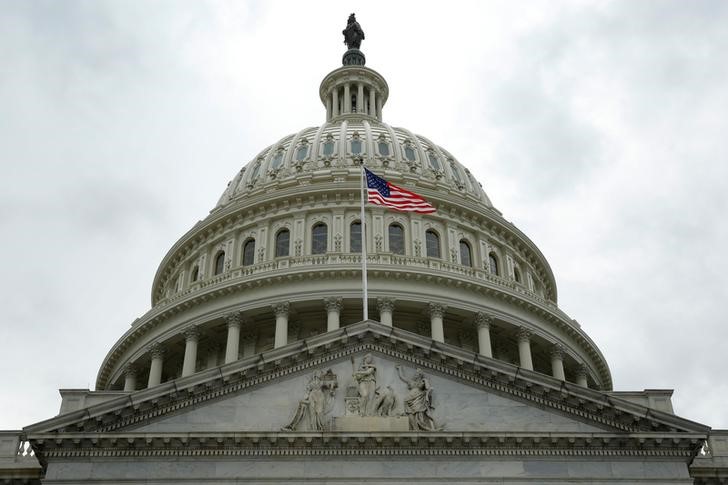By Pete Schroeder
WASHINGTON (Reuters) - The U.S. House of Representatives easily approved legislation on Tuesday that would ensure a key regulatory panel would be able to retain expertise on the insurance industry.
By a vote of 407 to 1, lawmakers approved a bill that would guarantee the Financial Stability Oversight Council is not forced to remove its current insurance expert when his term expires, even though no replacement has been named.
The bill would address what appears to be a technical oversight of the 2010 Dodd-Frank financial reform law. That law, which created the FSOC, failed to include language that would allow the panel’s insurance expert to remain on the council for 18 more months, or until a replacement is named. As the law currently stands, the FSOC’s current insurance expert, S. Roy Woodall, would be forced to vacate that seat on Sept. 27, when his six-year term expires.
Debate over altering the 2010 law has been intensely partisan in the U.S. Congress, and Tuesday's bill appears to be one of just a handful of changes that could be made to the law since it was enacted.
The FSOC is charged with monitoring the largest and most significant financial institutions, and has identified a handful of insurance companies as meriting stricter oversight as “systemically significant” firms. Woodall is the only member with primarily insurance expertise on the panel.
The House Financial Services Committee unanimously passed the bill in July, and the Senate Banking Committee will take up a similar measure on Thursday.
"This bill protects against an unintended vacancy of the independent member with insurance expertise by providing a contingency plan that is comparable to what is already in place for most of the other voting members of FSOC," said Dirk Kempthorne, president and chief executive of the American Council of Life Insurers, an industry group.
Also on Tuesday, the House approved a bill that alters existing Securities and Exchange Commission rules, in a bid to grant more access to smaller companies seeking to raise capital under a relaxed regulatory framework. That measure, the Improving Access to Capital Act, had also been passed by the House in 2015 but never became law.
